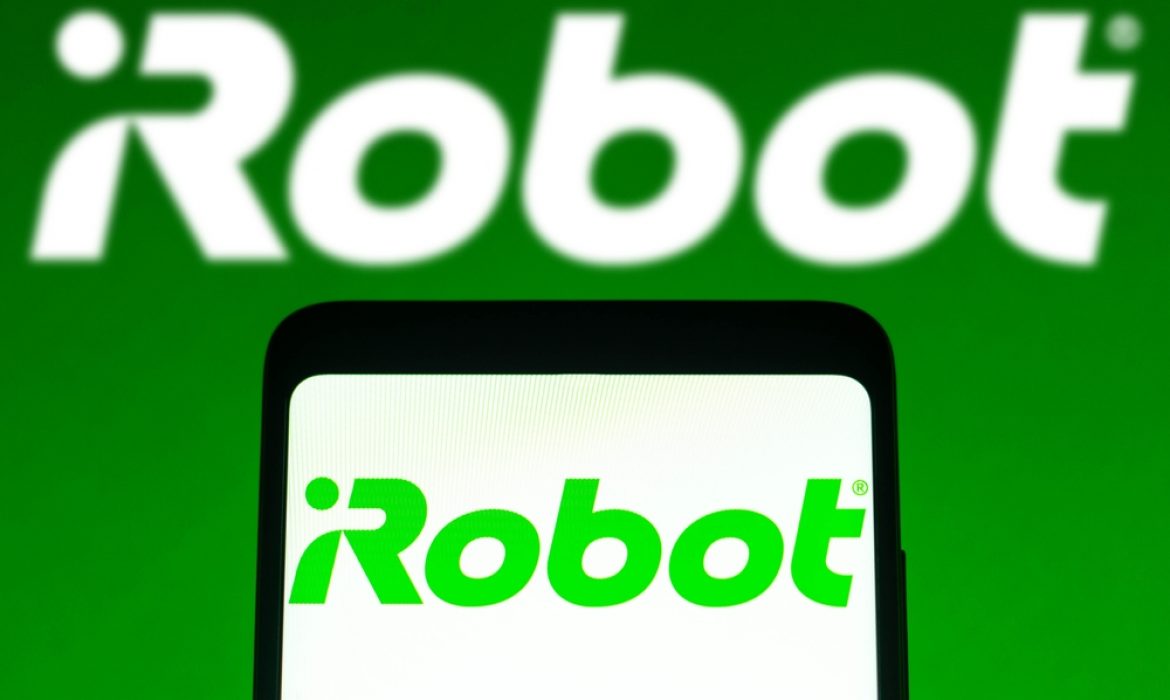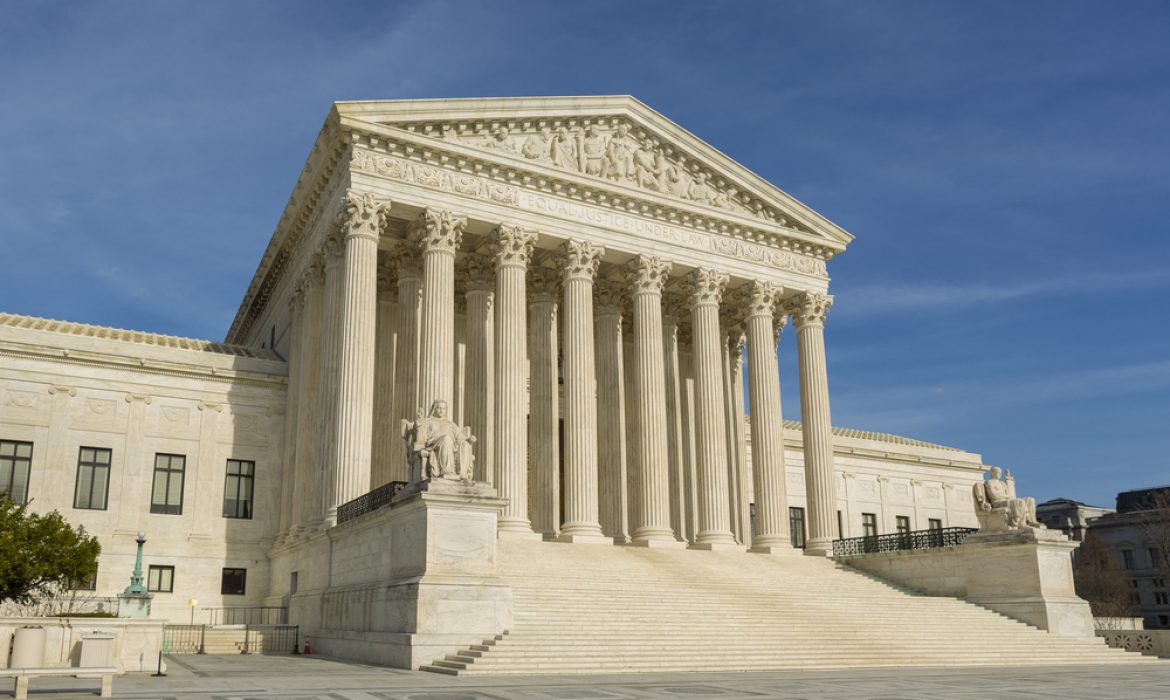iRobot Acquisition: Amazon’s Promise of Innovation and Lower Prices Challenged by European Commission
The European Commission has expressed concern over Amazon’s acquisition of iRobot, fearing that the deal could limit competition in the robot vacuum cleaner market and strengthen Amazon’s position as a dominant service provider in online markets. The EU regulator is currently investigating whether Amazon’s access to iRobot users’ data will give the company an advantage in the online services market, including advertising, and other related markets.
Amazon spokeswoman Alexandra Miller defended the acquisition, highlighting the potential benefits it could bring. “iRobot, facing stiff competition from other vacuum cleaner suppliers, offers practical and innovative products. We believe Amazon can provide the necessary resources to accelerate innovation, invest in critical features, and lower prices for consumers,” Miller said.
The European Commission has until Nov. 15 to decide whether to block the agreement. Amazon first announced its intention to acquire iRobot last August. If the deal goes through, iRobot’s Roomba products will join Amazon’s line of smart home devices, which already includes popular brands such as Ring, Blink and Eero. Amazon has also developed the Alexa voice assistant, which serves as the control center for the smart home ecosystem.
Dave Limp, Amazon’s senior vice president of devices and services, expressed his enthusiasm for the acquisition. “We are excited to partner with the iRobot team to develop capabilities that will make customers’ lives easier and more enjoyable,” said Limp.
While the UK’s Competition and Markets Authority has already approved Amazon’s acquisition of iRobot, the deal is also under review by the US Federal Trade Commission. The Wall Street Journal reported last year that the regulator had requested documents from both companies to gather information about the deal. In addition, a group of Democratic lawmakers called on the FTC to launch a formal investigation. However, according to the Financial Times, the investigation is expected to center on competition concerns rather than privacy issues.
As the European Commission delves deeper into the investigation, the findings will have significant implications for both Amazon and the robot vacuum cleaner market. The decision will determine the nature of competition in the industry and the extent of Amazon’s influence in the smart home ecosystem.
Supreme Court Decision in Genius Case Sets Precedent for Copyright Contracts
In a significant blow to web resource Genius, the U.S. Supreme Court has declined to hear its lawsuit against tech giant Google, leaving intact the decisions rendered by lower courts. Since 2019, Genius, a platform that publishes song lyrics with a proper license, has been attempting to prove that Google “steals” its work. Genius alleged that Google’s search engine retrieves song lyrics from LyricFind, a service that purportedly copies them from Genius and licenses them to Google.
Genius initially filed the lawsuit in 2020, but it was subsequently dismissed by both the district and appellate courts. District Judge Margo Brody ruled that Genius’ claims were “preempted” by the U.S. Copyright Act, and the appellate court upheld this decision. The court reasoned that Genius had created secondary unauthorized works by publishing the licensed lyrics, effectively infringing on the copyrights of the original songwriters.
Ironically, Genius found itself on the brink of being deemed guilty of similar offenses. The company argued that by transcribing and publishing the licensed lyrics, it had invested labor and resources, thereby creating additional rights beyond the original copyrights. However, the judge disagreed, asserting that Genius had, in fact, produced unauthorized derivative works based on the originals. From the district court’s ruling: “Defendants have unauthorizedly reproduced Plaintiff’s work, which itself infringes the owners’ exclusive right under the federal Copyright Act.”
Genius subsequently appealed to the U.S. Supreme Court, arguing that Google’s violation of its site’s terms of use for the materials should not be invalidated by the Copyright Act. Genius contended that the Act does not conflict with the additional restrictions defined in their contract. They raised concerns that the decision would set a troubling precedent for companies that possess licenses but lack copyrights to content, undermining the contractual relationship between parties.
Google responded to these claims by dismissing them as alarmist hyperbole and maintaining that the appeals court’s ruling was correct. According to Google, Genius’s contract claims were tantamount to copyright infringement claims and therefore preempted by the Copyright Act. They argued that Genius sought to enforce rights that were virtually identical to those protected under Section 106 of the Copyright Act.
The U.S. government, after studying the case, supported Google’s position and urged the Supreme Court to dismiss the lawsuit. The government contended that there were no material differences between the rights asserted by Genius and those safeguarded by federal law. Additionally, they emphasized that Genius had not established the existence of any explicit promises from Google regarding the copying of lyrics. The government’s appeal noted that visitors to Genius’s website automatically become parties to a contractual agreement, regardless of their awareness or understanding of the terms of service.
Ultimately, the U.S. Supreme Court concurred with the rulings handed down by lower courts. Consequently, the decision reaffirms the principle that a company cannot assert copyright-like rights based on a contract that is not mutually entered into by both parties. The verdict holds implications for the broader industry, highlighting the importance of clarifying the boundaries and limitations of contractual relationships in the digital age.



